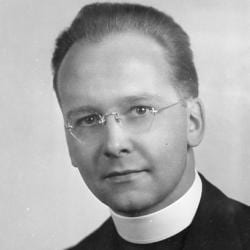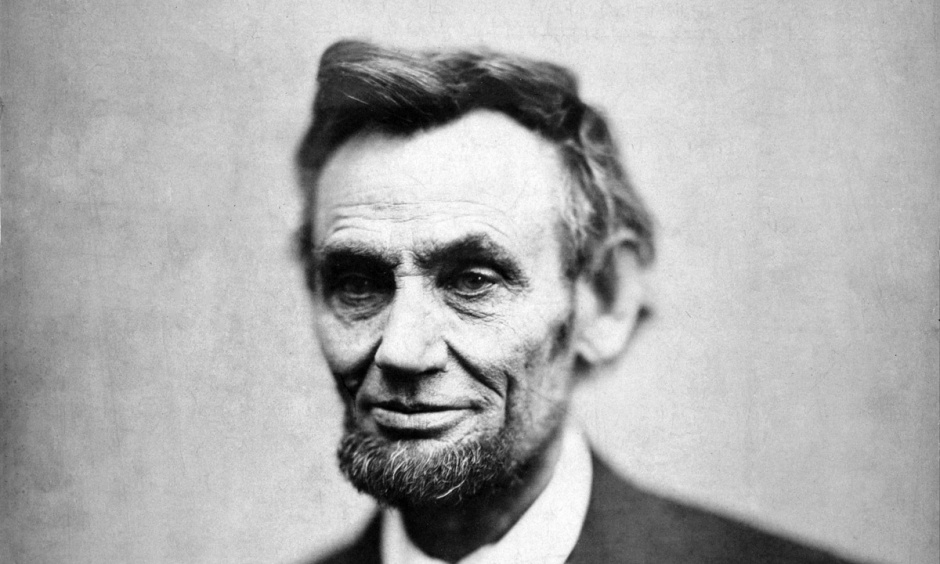In 1982, Walter J. Ong published a book called Orality and Literacy, in which he describes differences between societies that don’t read and write, and societies that do. I find Ong’s profile of orality particularly fascinating because it so perfectly matches the persona of Donald Trump. If Ong’s analysis holds true, then Trump rose to power through the dynamics of orality. The politics of literacy and orality are Trump’s strength and his Achilles’ heel.
Orality, Literacy, and Donald Trump

For oral people, according to Walter Ong, words happen out loud and in memory. For literate people, words happen out loud, in memory, and on the page, as objects you can capture, store, and analyze.
Oral cultures place their attention on external events shared with the group: speaking, singing, shouting, conforming. The result is a feeling of immediate, embodied experience. It’s a communal present moment that holds you in the hypnotic embrace of surrounding sound waves. Spoken words unite groups, but emotions rather than facts can easily carry the day. Orality works very well for controlling people.
Literate cultures, on the other hand, tend to be more internally oriented. To read and write, you need quiet time alone to focus and think. But written words free mental energy from the work of memory, so you can let your mind wander and try new ideas. You can question, probe, imagine. And the habit of analyzing marks on the page trains your mind to analyze other things: behaviors, the surrounding world, the past versus the future.
Ong’s orality-literacy spectrum is only one way to look at complex phenomena. But compare Trump’s persona with Ong’s “psychodynamics of orality”:
- Triumphalism
- Highly engaged emotions
- Bragging and name-calling
- A monumental, outsized, public personality
- Simple syntax and natural, spontaneous speech
- Frequent use of catchy epithets
- Volubility and repetition
- Combativeness and polarization
- Celebrating swagger and violence
- Traditionalism, or looking back to a past that never existed
- Closeness to the human lifeworld, or acting on every instinct
- Seeing crises outside the group and the self, never inside
- Ignorance of the causes of disease and disaster
Check, check, check, check. Trump is an extreme case study in orality. He relies on live rallies. He delivers oral torrents into a microphone. Hates reading and prefers television. Writes only the length of a tweet, enough to convey memorably outrageous one-liners but not enough to approach nuance or complexity.
But orality itself is not the problem. The problem is that Trump doesn’t just reject literacy, he wants to destroy it. How? By demonizing journalists and the news they write. Forbidding federal agencies from subscribing to the New York Times and The Washington Post. Appointing Betsy DeVos to administer the nation’s study of reading and writing.
Weaponzing orality in order to declare war on literacy allows Trump to protect and enable his crimes and white supremacy. It’s also an ingenious way to slice the country in two and pit us against each other. Mythologically speaking, it’s how he functions as a culture hero for his supporters–the magical One whose courage and strength promise to save the group and create them as a people.
However, in rejecting literacy, Trump also rejects its superpowers. He cuts himself off from the fuller potential of imagination and analysis. That’s why his one-sided orality is his strength but also his weakness.
Literacy, Orality, and the Rest of Us
Walter Ong says that literacy restructures consciousness. If he’s right, and I think he is, then the more you practice the arts of literacy, the more you restructure your consciousness. That’s why Trump supporters and opponents have become so incomprehensible to each other. We operate from increasingly different structures of consciousness.
But literacy and orality can declare peace. Literate people can learn to understand people whose culture is more oral. For example, if you aren’t practiced in the arts of analysis, which many people learn in college, you have no way of analyzing your own hatreds, fears, and latent guilt that find expression in racism, misogyny, and homophobia. You have no way of guessing that you might project your own guilt, fear, and self-hatred onto other people. On the other hand, if you read more than you watch tv, you don’t apprehend the overwhelming power of personal charisma, and how cultural orality can foster the vital nutrients of connection and belonging.
Literacy and orality can do more than just get along, though. They can join forces. Think of presidents like Barack Obama. John F. Kennedy. Abraham Lincoln. They united orality and literacy. They engaged our emotions and our analytical skills. Proclaiming their vision out loud with power and passion, they spoke words they had written to serve the nation. They, too, acted as culture heroes whose courage and strength helped create us as a people.

When leaders embrace the politics of literacy and orality, they win elections and unite the country. Imagine a president who shouts truth from the rooftops. Who enchants us with the power of their vision, in spoken and in written words. Who inspires us to join forces and pool our powers for change. And who gives us compelling reasons and easy ways to step away from Trump’s abyss and back into a national community.
If leaders shape the psyche of their followers, followers shape the psyche of leaders, too. We can bring literacy and orality together at the personal level, and connect with people who inhabit other structures of consciousness. Because ultimately it is our own courage and strength that create us as people, no matter who holds office.